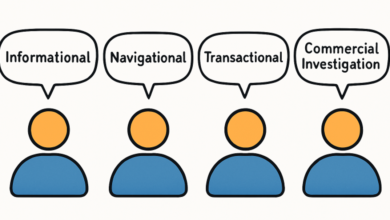The Future of AI in Crime Scene Reconstruction Through Video Analysis

The integration of AI in crime scene reconstruction via video analysis represents a pivotal shift in forensic science. This technology enhances the precision of suspect identification and event sequence mapping. However, its implementation raises significant ethical concerns, including privacy and bias issues. As advancements continue, the need for robust frameworks to address these challenges becomes increasingly critical. Exploring these dimensions will reveal the complexities that lie ahead in the justice system’s evolution.
The Role of Video Analysis in Modern Forensics
Video analysis has emerged as a crucial tool in modern forensics, significantly enhancing the capabilities of crime scene reconstruction.
By utilizing video evidence, forensic techniques can dissect intricate details, revealing timelines and interactions previously obscured.
This method provides invaluable insights into events, enabling investigators to reconstruct scenarios with greater accuracy.
Consequently, video analysis empowers the pursuit of justice, facilitating a more informed understanding of criminal activities.
See also: Quiet Luxury: Understated Elegance in Lifestyle Trends
How AI Enhances Crime Scene Reconstruction
Although traditional methods of crime scene reconstruction have proven effective, the integration of artificial intelligence (AI) significantly enhances the accuracy and efficiency of this process.
AI algorithms optimize visual recognition, improving data accuracy while preserving evidence integrity.
Additionally, scene simulation and predictive modeling further aid investigators by providing comprehensive analyses and potential scenarios, ultimately facilitating a more thorough understanding of complex crime scenes.
Case Studies: AI in Action
Case studies illustrate the transformative impact of artificial intelligence (AI) in crime scene reconstruction, showcasing its practical applications and outcomes.
Notably, systems employing facial recognition have successfully identified suspects from video footage, while predictive modeling has enabled law enforcement to anticipate potential criminal activities.
These advancements not only streamline investigations but also enhance the accuracy of reconstructing events surrounding crimes, ultimately fostering a more effective justice system.
The Challenges and Ethical Considerations of AI in Forensics
While the integration of artificial intelligence (AI) into forensic science offers remarkable potential for enhancing crime scene reconstruction, it also presents significant challenges and ethical dilemmas.
Key issues include bias mitigation, as algorithms may perpetuate existing prejudices, and privacy concerns that arise from surveillance data usage.
Addressing these challenges is crucial to ensure that AI application in forensics upholds justice and respects individual rights.
Conclusion
As the adage goes, “A picture is worth a thousand words,” highlighting the pivotal role of video analysis in modern forensics. The integration of AI technologies into crime scene reconstruction not only enhances investigative accuracy but also raises critical ethical considerations. Balancing innovation with responsibility is essential to ensure that privacy concerns are addressed and biases mitigated. Continued research and the establishment of robust ethical frameworks will be vital in shaping the future of AI in the justice system.





